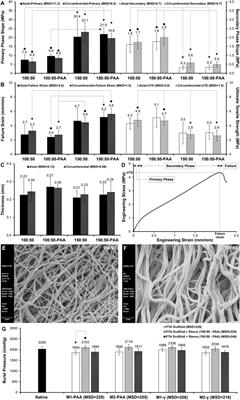EDITORIAL
Published on 12 Apr 2023
Editorial: Tissue and organ decellularization strategies in regenerative medicine; recent advances, current translational challenges, and future directions
doi 10.3389/fbioe.2023.1201041
- 1,481 views
22k
Total downloads
102k
Total views and downloads
You will be redirected to our submission process.
EDITORIAL
Published on 12 Apr 2023
ORIGINAL RESEARCH
Published on 18 Jan 2023

ORIGINAL RESEARCH
Published on 23 Sep 2022

ORIGINAL RESEARCH
Published on 13 Sep 2022

REVIEW
Published on 08 Aug 2022

ORIGINAL RESEARCH
Published on 16 May 2022

REVIEW
Published on 25 Apr 2022

ORIGINAL RESEARCH
Published on 24 Mar 2022

REVIEW
Published on 10 Mar 2022

ORIGINAL RESEARCH
Published on 10 Mar 2022

ORIGINAL RESEARCH
Published on 09 Mar 2022

REVIEW
Published on 28 Feb 2022

